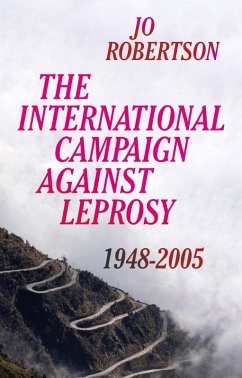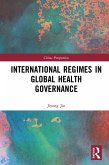This book may offer a cautionary tale in the age of Covid-19. The narratives we shape around disease in society are so often about politics, and the competing versions of leprosy eradication's story are no exception.
In one telling, the extra-budgetary funding for anti-leprosy work came with unwarranted interference in the WHO programme, resulting in an over-hasty, acrimonious and ultimately unsuccessful elimination campaign. In another interpretation, a great work of twentieth-century disease control was accomplished, through extraordinary philanthropy, visionary courageousness, and wily and pragmatic diplomacy. In yet another, experienced, self-sacrificing anti-leprosy experts refused to abdicate their professional responsibilities to populist campaigns more concerned with statistics than people, which were risking patients' health with under-trialled drug therapies and irresponsibly entrusting medication to patients without supervision.
None of these bureaucratic, triumphalist or elitist narratives exists independently of the others. None is without credit, and none is to the complete credit of all involved. These competing stories offer uncanny resonances in the ongoing politics of public health, which have only intensified since both the emergence of M. Leprae millennia ago, and the concerted campaign against it in the last seventy years. What could the 'stories of leprosy' tell us about our pandemic response?
In one telling, the extra-budgetary funding for anti-leprosy work came with unwarranted interference in the WHO programme, resulting in an over-hasty, acrimonious and ultimately unsuccessful elimination campaign. In another interpretation, a great work of twentieth-century disease control was accomplished, through extraordinary philanthropy, visionary courageousness, and wily and pragmatic diplomacy. In yet another, experienced, self-sacrificing anti-leprosy experts refused to abdicate their professional responsibilities to populist campaigns more concerned with statistics than people, which were risking patients' health with under-trialled drug therapies and irresponsibly entrusting medication to patients without supervision.
None of these bureaucratic, triumphalist or elitist narratives exists independently of the others. None is without credit, and none is to the complete credit of all involved. These competing stories offer uncanny resonances in the ongoing politics of public health, which have only intensified since both the emergence of M. Leprae millennia ago, and the concerted campaign against it in the last seventy years. What could the 'stories of leprosy' tell us about our pandemic response?
Dieser Download kann aus rechtlichen Gründen nur mit Rechnungsadresse in A, D ausgeliefert werden.









